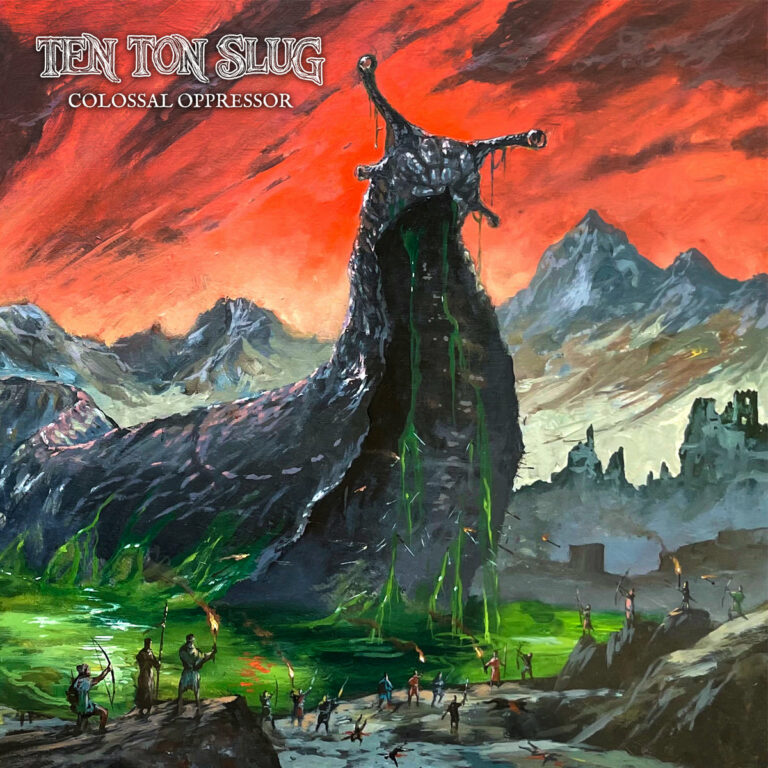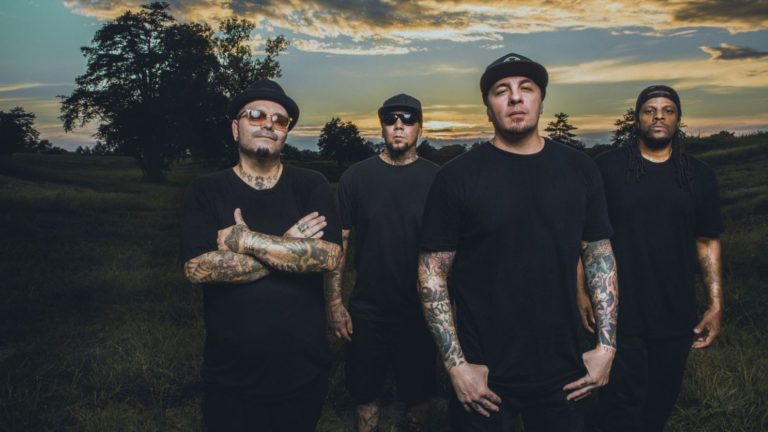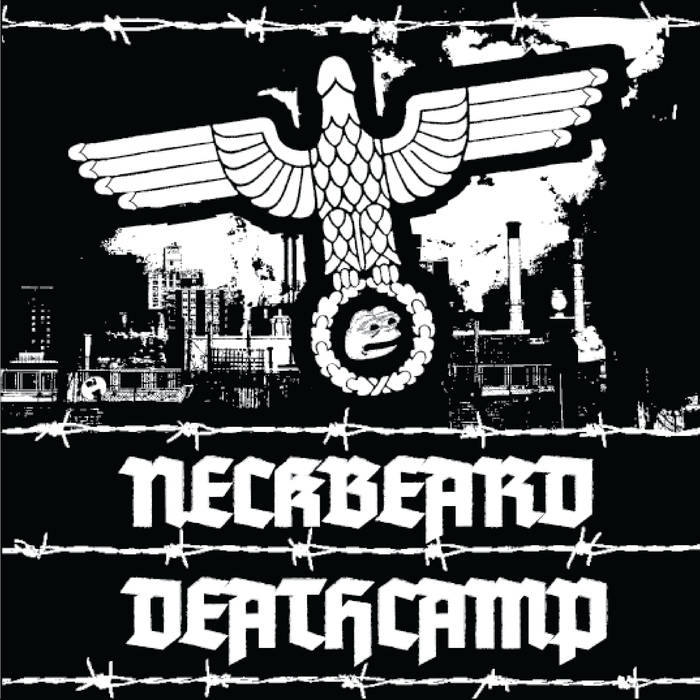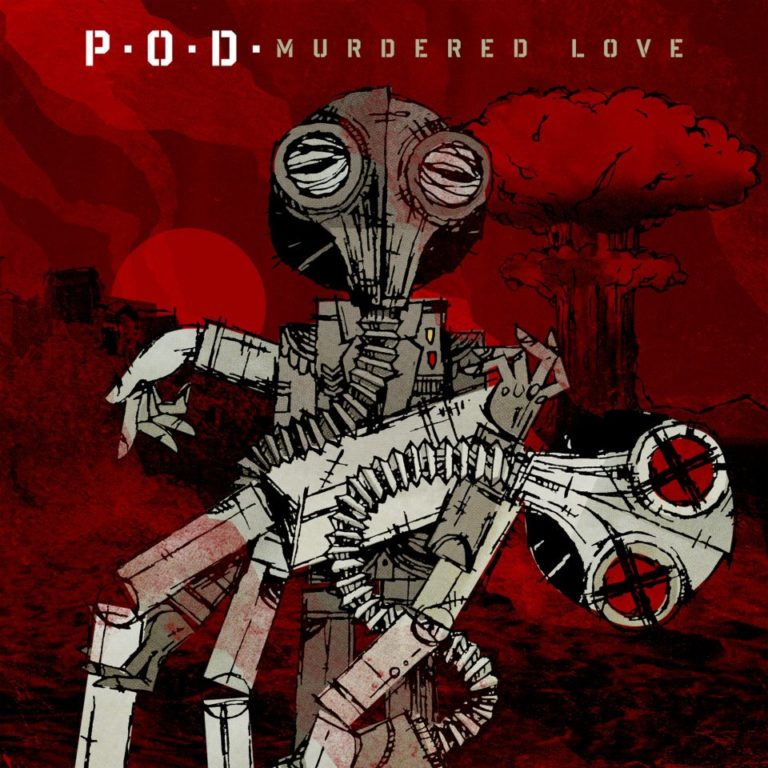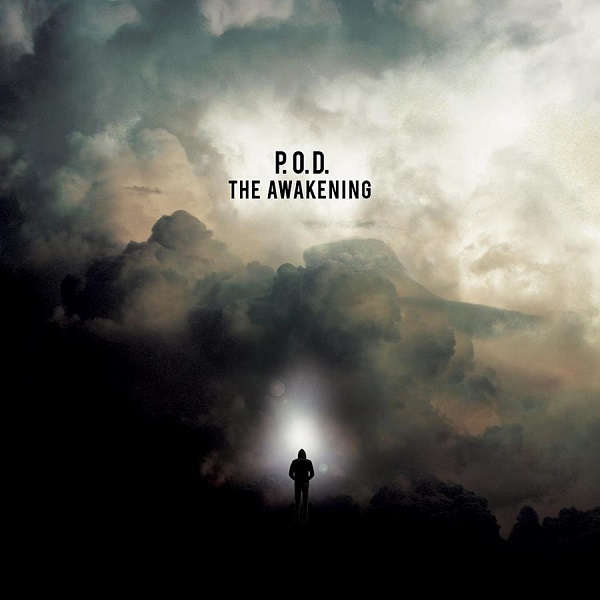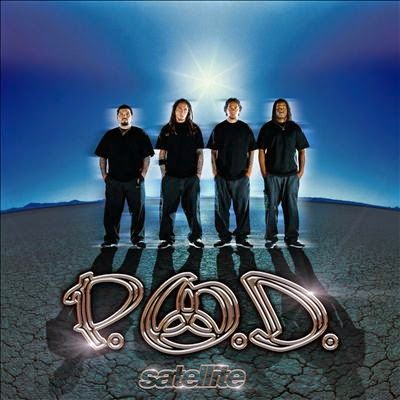Welcome back to my annual music countdown! As is tradition here on IC2S, I go back through...
p.o.d.
Growing up in an evangelical household, there were lots of things which were considered “unhealthy” to my...
Hey, it’s that time of year again! That’s right, the time of year when I look back...
So we’re now just a week short of the playlist’s 1 year anniversary, and the point where...
First up this week we have “Am I Awake?” by P.O.D. from The Awakening. While I was...
So… unfortunately this work assignment looks like it’ll be going on for another week at least, but...
Before we start this week’s IC2S Playlist update, I have a bit of timely good news. Last...
I’d like to mention a couple other rather major changes that have happened over the last year...
With 2013 just a few days away, I think it’s worth looking back on the year that...
